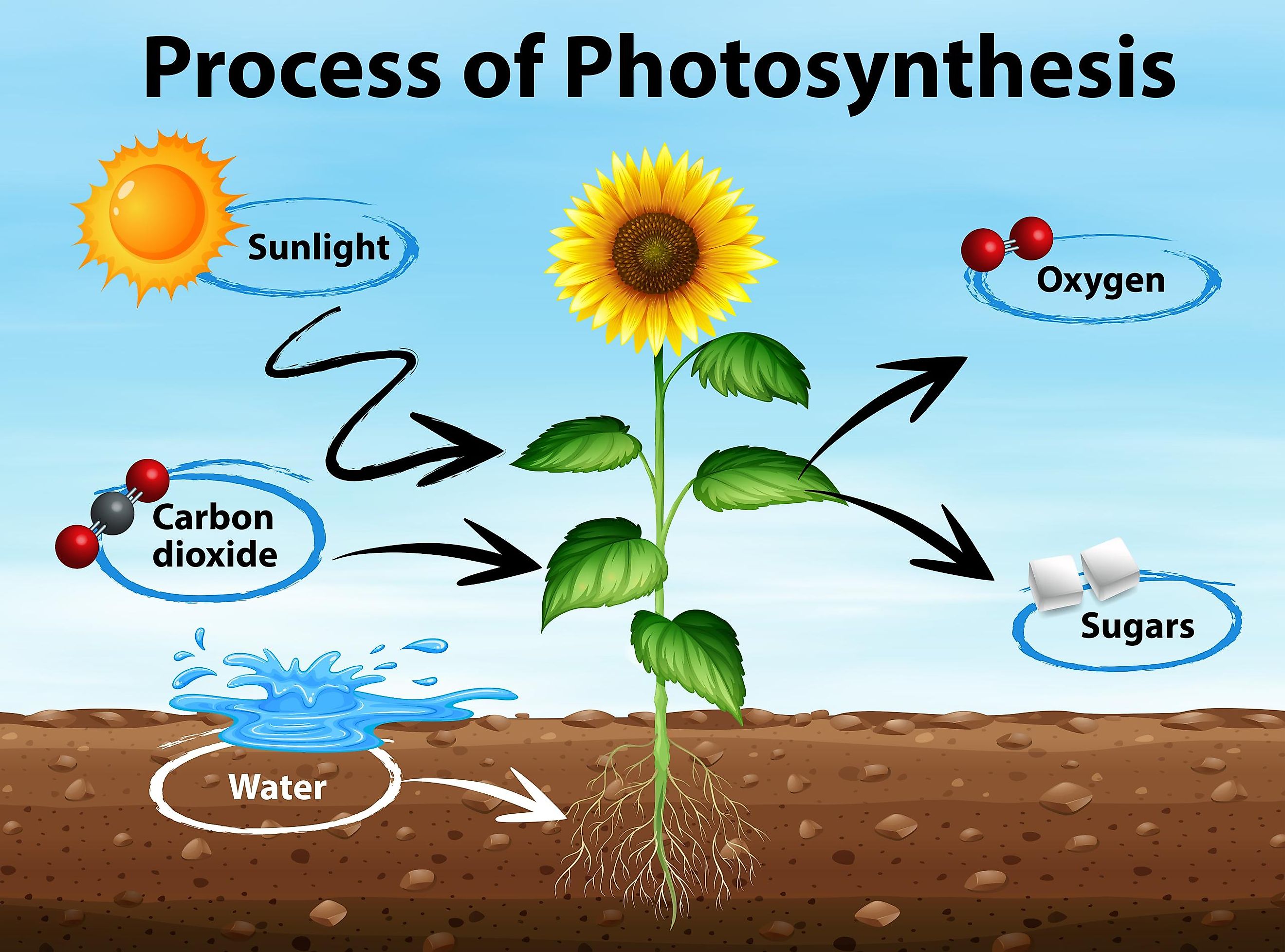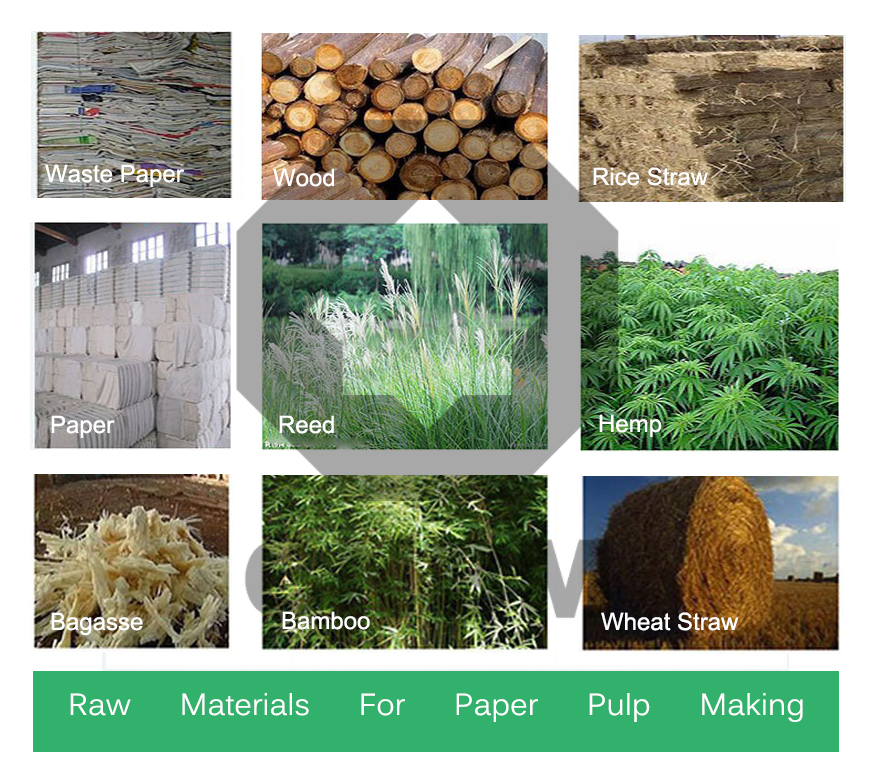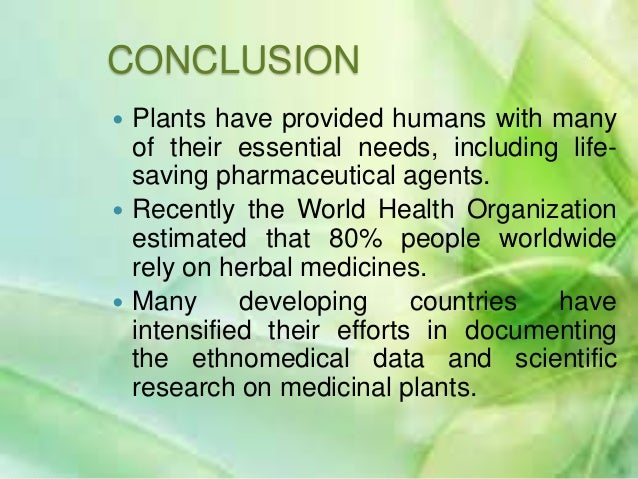Role Of Plants In Relation To Human Welfare Presentation
| Introduction | ||
|---|---|---|
| Plants play a crucial role in human welfare, providing numerous benefits and services. They are the foundation of our food system, provide oxygen, and contribute to medicine and materials for various industries. Understanding the importance of plants is essential for sustainable development and the well-being of humanity. | ||
| 1 | ||
| Food Production | ||
|---|---|---|
| Plants are the primary source of food for humans, providing essential nutrients, vitamins, and minerals. Crops such as grains, vegetables, and fruits are cultivated for direct consumption. Plants also serve as feed for livestock, sustaining the production of meat, dairy, and other animal-based products. | ||
| 2 | ||
| Oxygen Production | ||
|---|---|---|
| Through the process of photosynthesis, plants release oxygen into the atmosphere, enabling the survival of all living organisms. Trees, in particular, are significant contributors to oxygen production, as they have a higher leaf surface area. The abundance of plants helps maintain a healthy balance of oxygen and carbon dioxide levels in the atmosphere. | ||
| 3 | ||
| Medicine | ||
|---|---|---|
| Plants have been used for centuries to treat various ailments and diseases. Many modern medicines are derived from plant compounds, serving as the basis for pharmaceutical drugs. Plants such as aloe vera, ginseng, and turmeric have been utilized for their medicinal properties in traditional medicine systems worldwide. | ||
| 4 | ||
| Ecosystem Services | ||
|---|---|---|
| Plants play a vital role in maintaining the balance of ecosystems. They help prevent soil erosion, filter pollutants, and provide habitats for numerous species. Plant-rich ecosystems, such as forests and wetlands, contribute to climate regulation and water purification. | ||
| 5 | ||
| Materials and Industry | ||
|---|---|---|
| Plants provide raw materials for various industries, including construction, textiles, and paper. Wood from trees is used for building structures, furniture, and manufacturing paper products. Fibers from plants like cotton, flax, and hemp are used in the textile industry for clothing and other fabric-based products. | ||
| 6 | ||
| Environmental Sustainability | ||
|---|---|---|
| Plants are essential for mitigating climate change as they absorb carbon dioxide during photosynthesis. Forests act as carbon sinks, reducing the concentration of greenhouse gases in the atmosphere. Planting and preserving trees and other vegetation are crucial for sustainable land management and combating deforestation. | ||
| 7 | ||
| Economic Importance | ||
|---|---|---|
| The plant-based agriculture sector contributes significantly to global economies. Crop production, horticulture, and forestry industries provide income and employment opportunities. The trade of plant-based products, such as coffee, tea, and spices, generates billions of dollars annually. | ||
| 8 | ||
| Aesthetics and Recreation | ||
|---|---|---|
| Plants enhance the aesthetic appeal of our surroundings, creating beautiful landscapes and gardens. Parks, botanical gardens, and green spaces provide opportunities for recreation, relaxation, and physical activity. Connecting with nature through plants positively impacts mental well-being and overall quality of life. | ||
| 9 | ||
| Conclusion | ||
|---|---|---|
| Plants are not only essential for human survival but also contribute to our overall well-being. Recognizing and valuing the role of plants in human welfare is crucial for sustainable development. Conservation efforts and responsible use of plant resources are necessary to ensure a healthy and prosperous future for generations to come. | ||
| 10 | ||









